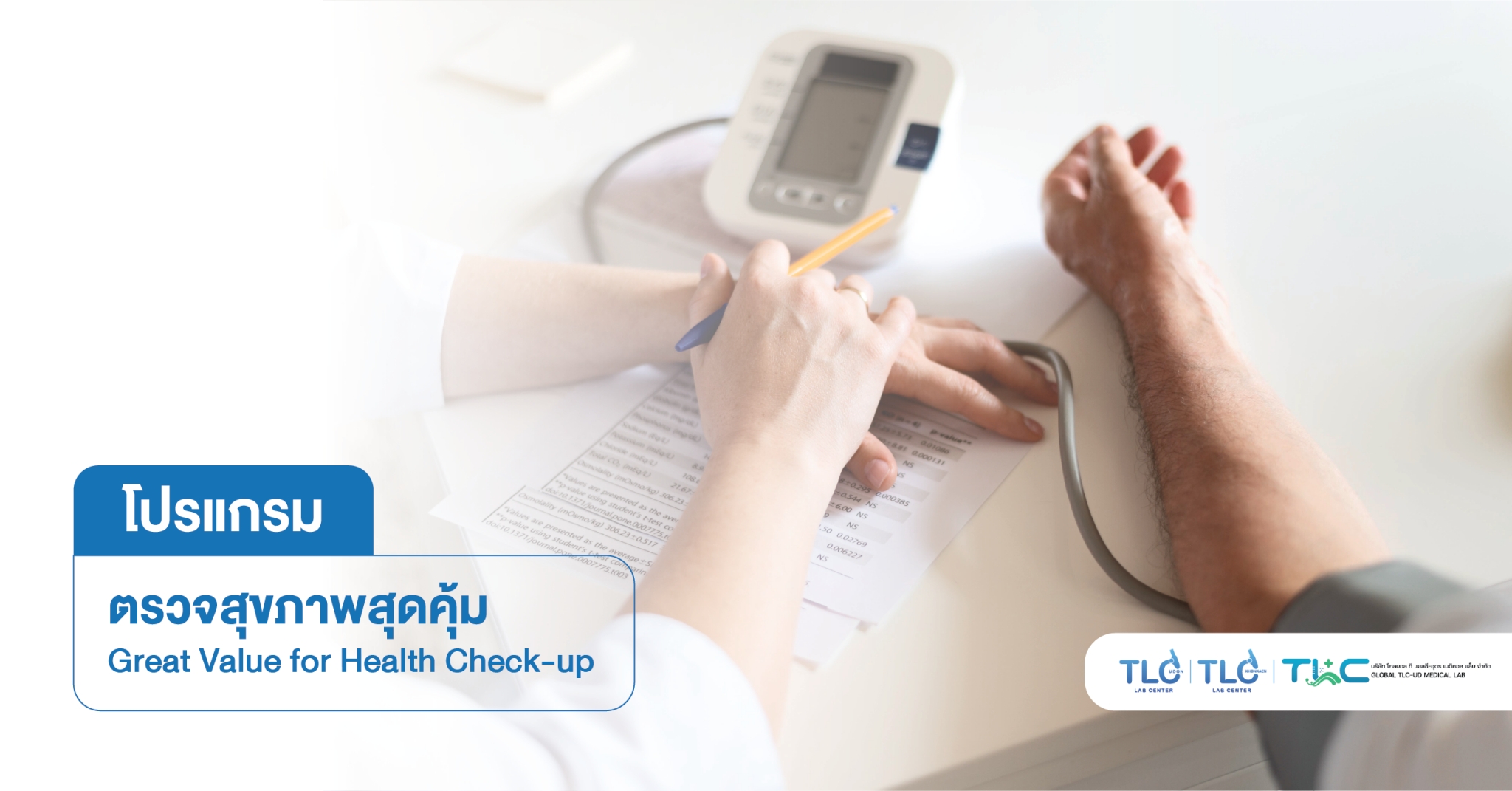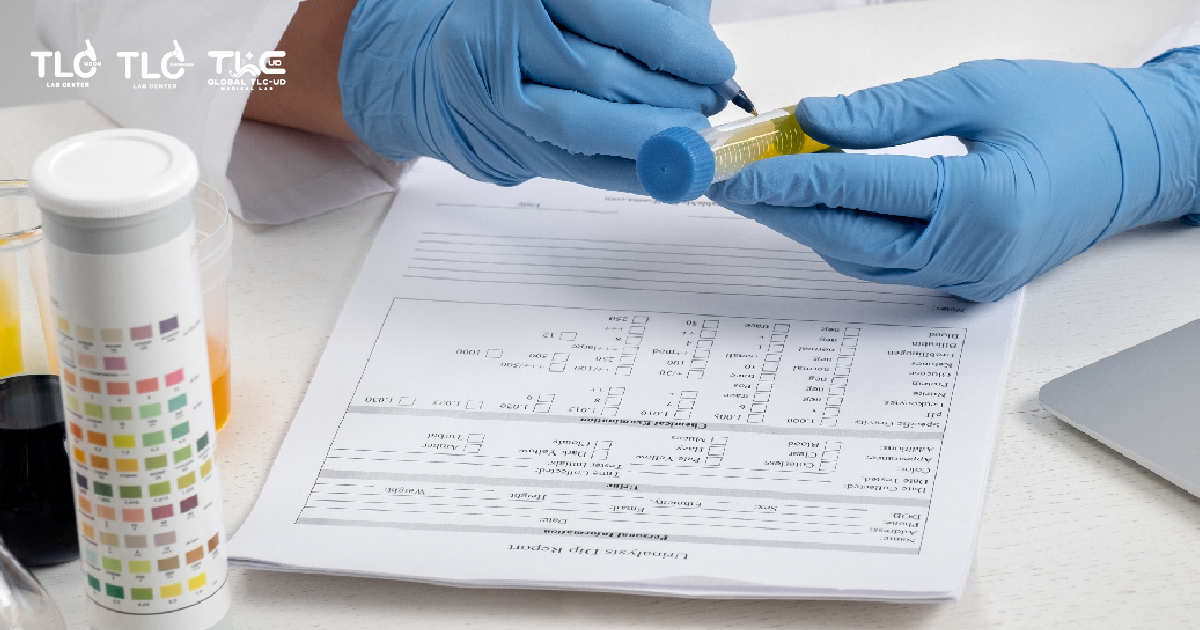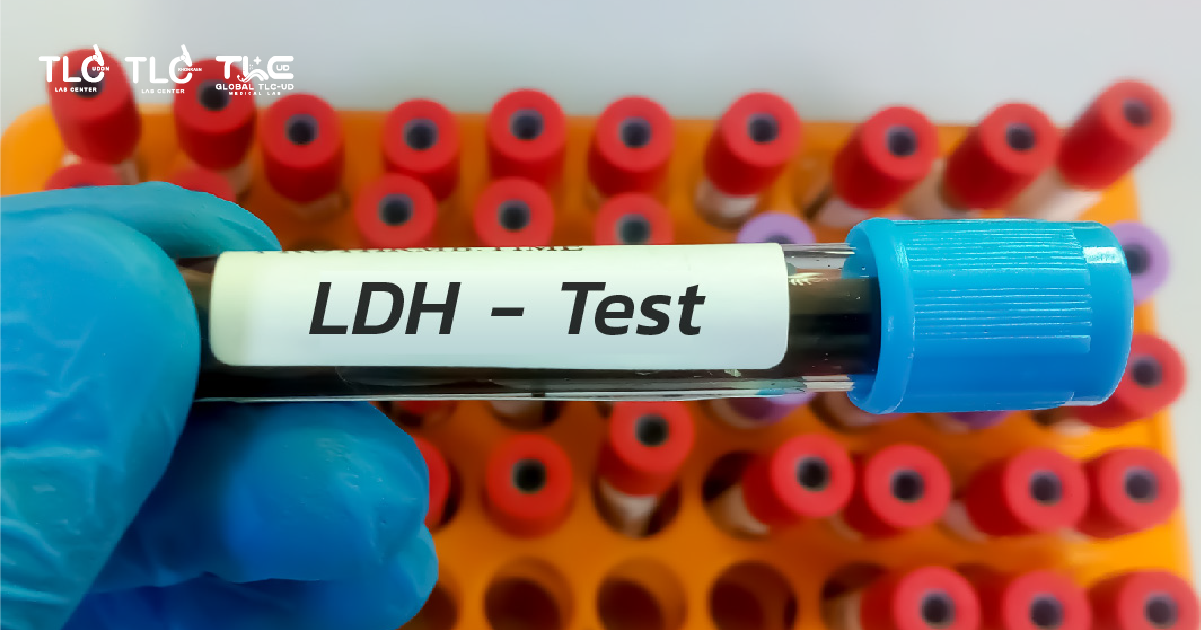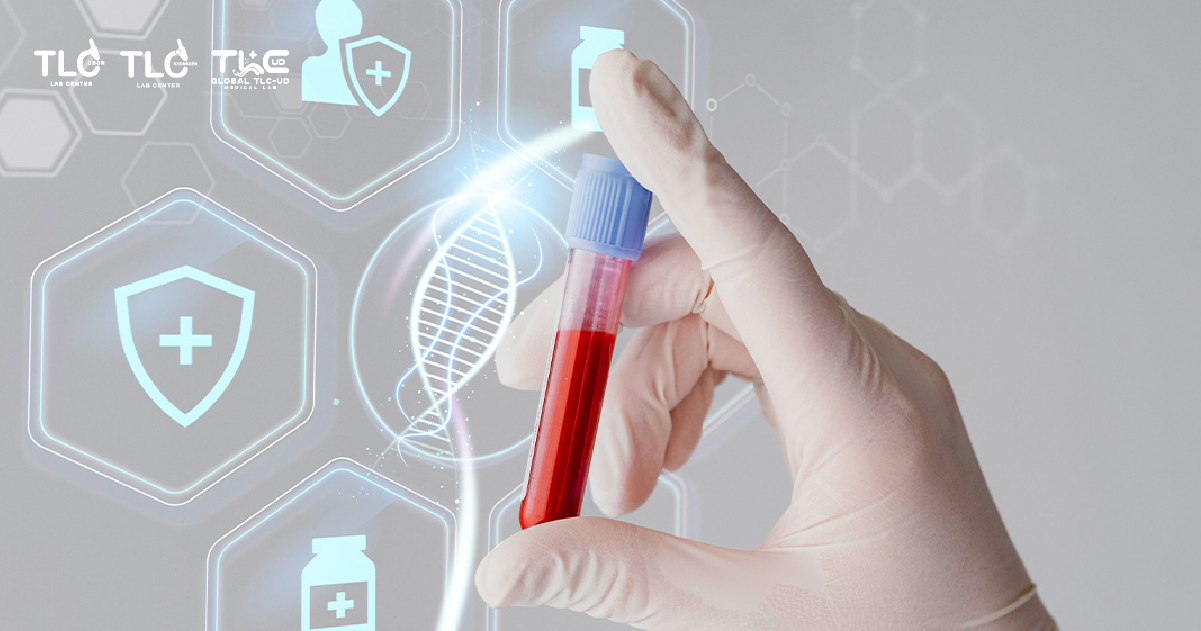What is G6PD?
G6PD, or Glucose-6-Phosphate Dehydrogenase, is an enzyme found in cells. It plays a crucial role in energy utilization, synthesizing substances within cells, eliminating toxic substances harmful to cells, and protecting red blood cells from easy destruction. When the body lacks this enzyme, it can lead to sudden rupture of red blood cells, acute anaemia, dark urine, and – potentially – kidney failure.
Causes of G6PD Deficiency
“G6PD” is a hereditary genetic disorder resulting from abnormalities in the X chromosome’s genetic makeup. The gene responsible for producing the G6PD enzyme is transmitted from mother to child.
- Sons have a 50% chance of inheriting this disease, while daughters are carriers with a 50% chance, making the incidence higher in male infants.
- Females often do not exhibit symptoms and are mostly carriers of the disease, passing it down to the next generation.
- This disease may also occur in females who inherit abnormal genes from both parents or just one parent.

Factors that Trigger G6PD Deficiency :
Consuming certain foods, especially fava beans, certain berries, as well as additives in processed foods or canned fruit juices.
Certain chemicals like menthol found in candies, toothpaste, and mouthwash, camphor or mothballs.
Some medications that induce stress from oxidation.
Infectious diseases caused by bacteria, viruses, or fungi, such as hepatitis A, hepatitis B, pneumonia, or typhoid fever, and certain infections like influenza or pneumonia, can stimulate red blood cell destruction.
Symptoms of G6PD Deficiency :
Newborns : Yellowing of skin and eyes.
Approximately 1 in 3 infants who undergo newborn screening may have G6PD deficiency. If jaundice is present, a blood test is conducted to check G6PD enzyme levels to diagnose the disease.
Older children and adults : Generally asymptomatic.
- Symptoms may occur within 24-48 hours after exposure to triggering factors, such as:
- More pronounced yellowing of the skin and eyes, or accompanying pallor.
- Fever, chills, extreme fatigue.
- Dark urine resembling fish sauce or Coca-Cola.
- Headaches, rapid heartbeat, shallow breathing, enlarged liver or spleen.
- Inability to perform routine activities.

Can G6PD Deficiency be treated?
G6PD deficiency is a hereditary genetic abnormality, making it challenging to cure completely. However, self-care and avoiding triggering factors can help manage the condition.
How should individuals with this condition manage it?
- Avoid self-medication with drugs or dietary supplements.
- Inform healthcare providers and pharmacists about the G6PD deficiency.
- Avoid consuming foods that trigger red blood cell rupture, such as fava beans and blueberries.
- Avoid contact with certain chemicals like mothballs and bleach.
- Avoid certain medications:
- Some NSAIDs like aspirin.
- Certain antibiotics such as sulphonamides or nitrofurantoin.
- Some antimalarials like quinine or quinidine.
- Seek medical attention promptly if a fever develops and observe for signs of jaundice or changes in urine colour.
- Maintain overall health, avoid infections, and consume a balanced diet to reduce oxidative stress.
- You should eat all 5 food groups, not just the foods you like to eat, because some of the nutrients in the food you eat can help fight oxidative stress.
Avoid stressful situations or excessive physical exertion.
Laboratory Analysis
Screening Tests :
- Complete Blood Count (CBC) for blood health assessment.
- Fluorescent Spot (FS) Test : An easy test, recommended for males. This method is recommended.
- Methaemoglobin Reduction (MR) Test : Semi-qualitative test similar to FS, recommended for females.
Confirmatory Testing :
Quantitative G6PD Assay : Measures enzyme levels for diagnosis.
- Polymerase Chain Reaction (PCR) Test : Detects molecular abnormalities, commonly found in Thai individuals like G6PD Viangchan, Mahidol, and Union variants.

References :
- The Thai Society of Hematology. (n.d.). โรคพร่องเอนไซม์ G6PD. tsh.or.th
- Johns Hopkins Medicine. (n.d.). G6PD (Glucose-6-Phosphate Dehydrogenase) Deficiency. hopkinsmedicine.org
- Gill, K. (2018, December 4). G6PD Deficiency. healthline.com
















